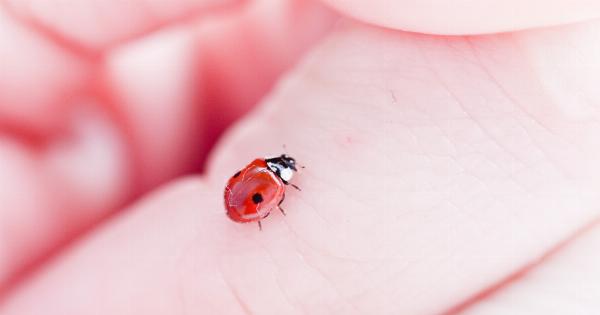When you step out of the shower, you grab your soft, luxurious bath towel to dry off and wrap yourself in its comforting embrace.
It’s an essential part of your daily routine, but have you ever stopped to think about the unsavory secret that may be lurking within the fibers of your towel?.
Microbial Mayhem
One of the biggest culprits hiding in your bath towel is bacteria. Every time you use it, your towel absorbs the moisture from your body, creating the perfect breeding ground for microbial growth.
The warm and damp environment is an open invitation for bacteria to flourish, leading to an accumulation of germs you may not even be aware of.
Research has shown that bath towels can harbor a variety of bacteria, including staphylococcus, E. coli, and even fecal matter.
While it may seem shocking, it’s not entirely surprising given the multiple uses and lack of proper hygiene practices surrounding our towels.
Sharing is Not Always Caring
Many households share the same bath towel among family members, with each person using it to dry off after their shower. The problem arises when one person in the household is carrying a contagious skin condition, such as athlete’s foot or eczema.
The towel then becomes a vector for spreading these conditions, as the bacteria or fungus responsible for the skin ailment can easily transfer onto the towel and infect others.
Furthermore, if you’re sharing the towel with someone who is ill with a respiratory infection like the flu or a cold, you’re exposing yourself to those germs as well.
While washing your hands frequently and avoiding close contact are important preventative measures, it’s equally crucial to have individual towels to minimize the spread of infections within your home.
The Myth of Cleanliness
Just because your towel appears clean and smells fresh after a trip through the washing machine doesn’t mean it’s actually hygienic.
Unless you’re using high heat and an effective detergent, bacteria and other microbes can survive the washing process and continue to multiply. Additionally, if you’re not changing your bath towel frequently enough, such as at least once a week, the bacteria load will continue to increase with each use.
Many people assume that the detergent alone will tackle the bacteria, but unfortunately, that’s not always the case.
While detergent does its job in removing dirt and grime, it may not fully eliminate the bacteria living within the towel’s fibers. The only way to truly combat the microbial mayhem is by using high-quality antimicrobial agents specifically designed to kill or inhibit the growth of bacteria.
The Importance of Proper Towel Care
To ensure your bath towel remains as clean and hygienic as possible, it’s important to practice proper towel care. Here are some essential guidelines to follow:.
1. Wash it frequently
Don’t wait until your towel starts to emit an unpleasant odor. Ideally, it should be washed at least once a week, especially if it’s being used by multiple family members.
2. Use hot water
Washing your towel with hot water helps to kill bacteria effectively. Use the highest temperature recommended for the fabric to ensure a thorough clean.
3. Choose the right detergent
Opt for a detergent that contains antimicrobial properties, as these are specifically formulated to eliminate bacteria and inhibit their growth. Avoid fabric softeners, as they can reduce the absorbency of your towel.
4. Dry it thoroughly
After each use, hang your towel in a well-ventilated area to dry completely. Moisture is the enemy when it comes to bacteria, so make sure your towel is bone dry before folding it or storing it in a cupboard.
5. Avoid sharing towels
Whenever possible, provide each family member with their own towel to minimize the risk of cross-contamination. This is particularly important if someone in your household has a skin condition or is ill.
Choosing Antimicrobial Towels
To take your towel hygiene to the next level, consider investing in antimicrobial towels. These towels are specially treated with antimicrobial agents that actively combat bacteria and inhibit their growth.
By incorporating these towels into your daily routine, you’ll be providing an extra layer of protection against the unsavory secret of regular bath towels.
Antimicrobial towels not only help maintain a cleaner and more hygienic environment, but they also contribute to reducing the spread of infections and the risk of skin conditions within your household.
The Unsavory Secret Exposed
Now that you’re aware of the potential bacterial dangers lurking within your bath towel, it’s time to take action.
By following proper towel care guidelines and considering the use of antimicrobial towels, you can ensure a cleaner and more hygienic bathing experience for you and your family.































